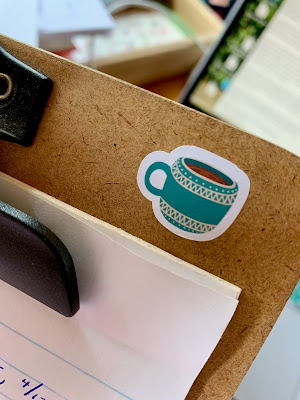One side effect of the staying-at-home lifestyle we all have going on is the amount of time I now have to read. Books are my joy, my relaxation, my comfort, and my near-constant thought. A good amount of my daydreaming time is spent thinking about what I’ve just read, what I am reading now, and what I will read next.
Among the books that keep coming back to my mind is Nicole Chung’s memoir of adoption, All You Can Ever Know which I read earlier this month. Chung grew up in rural Oregon, the Korean-American daughter of a white couple. Much loved as a child, she knew one story of her adoption, a standard story of biological parents unable to look after a child and adoptive parents with much love to share. The story was a comfort when Chung was a little girl, but as she grew up, she longed for more information. The longing was as much about her Korean identity as anything else. It became more central to her sense of self when she was pregnant with her first child.
As she details her search for information about her biological family, she reflects on her on sense of identity as a child and now an adult woman. She is thinking and writing about herself as a daughter, both adopted and biological, as a mother and, as she will find out, a sister. As she makes sense of her adoption, it is a story that is personal to her. But for the reader, the story is also universal, a reflection on love and family, on the stories we know about our identity and the stories we imagine about ourselves.
The writing is beautiful and Chung’s unfolding of identity and its shifting meaning in a woman’s world is emotional. I found her story powerful and thoughts about it have echoed in my mind since I finished the book. To me, that is the very essence of the power of reading.








































